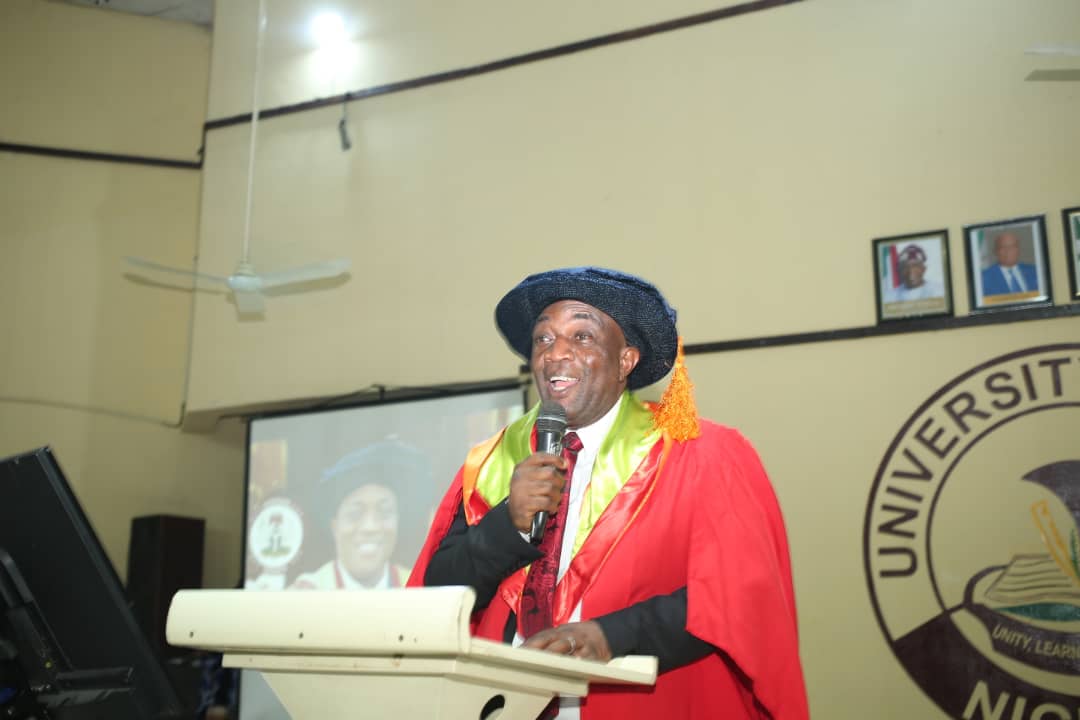Yunus Akintunde, the senator representing Oyo Central, has highlighted the need for a more equitable distribution of energy resources in Nigeria, particularly focusing on the significant energy poverty faced by rural communities. Speaking at the Prof Nyaudoh U. Ndaeyo Public Lecture at the University of Uyo, Akwa Ibom State, he noted that the prioritization of urban areas over rural ones has stifled development in Nigeria.
Akintunde, who chairs the Senate Committee on Environment, emphasized the importance of policies that encourage the clustering of agribusinesses in rural areas. He believes such initiatives could motivate electricity companies to expand their operations into these underserved regions.
During his address, he discussed several challenges contributing to energy poverty, including:
- Political interference in the planning and execution of rural electrification programs.
- The prevalence of sub-standard off-grid technologies.
- Economic barriers, including the high costs associated with infrastructure development.
- Corruption within the energy sector.
He pointed out that over 81 million Nigerians, out of a total population exceeding 206 million, lack adequate access to electricity, with rural areas being the most affected. Akintunde noted, “Politicians interfere with the orderly planning and running of rural electrification programmes,” which hampers progress.
Despite Nigeria’s vast potential for renewable energy—estimated at 207,000 GWh for solar and 50,800 GWh for hydro—he highlighted ongoing issues such as:
- Inadequate electricity generation (with only 4,000 MW generated against an installed capacity of 12,522 MW).
- Poor transmission infrastructure.
- Frequent blackouts and insufficient investment in the sector.
Akintunde also stressed the unique impacts of energy poverty on women, who often spend 4-6 hours daily collecting firewood and are exposed to harmful fumes from inefficient cooking methods.
Proposed Solutions
To address these challenges, Akintunde recommended several reforms:
- Institutional reforms to localize the Rural Electrification Agency (REA) and improve energy consumption.
- Public policies that enhance both the quantity and quality of electricity services, supported by macroeconomic strategies.
- Incentivizing private sector involvement in electricity access for rural areas.
- Promotion of renewable energy technologies to diversify energy sources.
- Increased investment in education to raise awareness about clean and efficient energy use.
- Development of mobile infrastructure, microloans, and payment solutions for low-income individuals.
He concluded by advocating for a collaborative approach between the government and multilateral institutions to establish funds for innovators in off-grid power generation, further emphasizing the need for targeted policies to uplift rural communities and reduce energy poverty.
Akintunde, who received a warm welcome from the Yoruba community and university management during his visit, was later invested as the grand patron of the Yoruba community in Akwa Ibom State.
